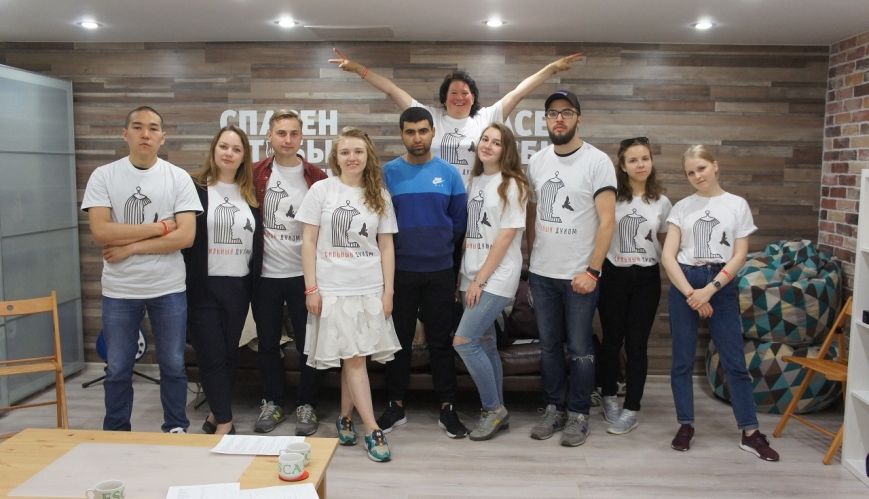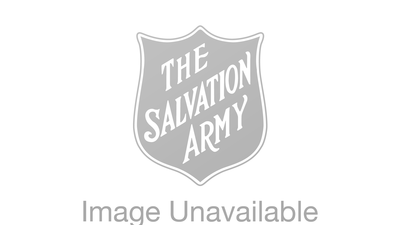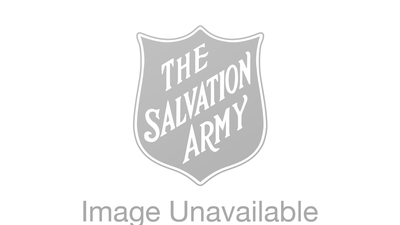Russia continues anti-trafficking work after the 2018 World Cup

Russia continues anti-trafficking work after the 2018 World Cup
2 August 2018
The Anti-Human Trafficking Project volunteers prepare to hit the streets of Moscow, Russia, raising awareness of human trafficking during the recent World Cup, and beyond.
The Salvation Army in Russia is ramping up its focus on human trafficking awareness in the wake of the 2018 FIFA World Cup, held throughout the country from 14 June to 15 July.
Human trafficking operates on a huge scale in Russia. According to the Global Slavery Index, there are more than one million people living as modern-day slaves in the country.

Russia appeared in 16th place on the index, ahead of Malawi, Madagascar, Sierra Leone, Eritrea, Namibia, Lesotho and Swaziland in joint 17th place.
The Human Trafficking Awareness Project, sponsored by The Salvation Army International Development UK, began in May, highlighting this global issue in a series of seminars aimed at church ministers, non-government organisations (NGOs), psychologists, social workers and activists.
The seminars, run in partnership with the Safe House Foundation, took place in five major cities throughout Russia – Moscow, St Petersburg, Rostov-on-don, Volgograd and Samara.
“Teams of volunteers were also active in their work during the World Cup, raising awareness of three types of modern slavery – sexual, forced labour and begging,” said Olesya Kuzkina, Anti-Human Trafficking Project Coordinator, Russia Command.

“Project volunteers, working together with Exodus Cry, visited at least 30 pubs and hostels and informed patrons about the scale of modern slavery and how to help those who got into situations of exploitation.
“However, since the majority of people involved in the World Cup were men, we focused on the places that men visited to watch football. These are pubs, bars and cafes.
“We also distributed our handouts to hostels and hotels, where both potential buyers of sexual services and potential victims, could be located.”
On July 30 – World Day Against Human Trafficking – the project posted a flash-mob video online, to help inform people about human trafficking.
“This is a very effective way of raising awareness through social networks, and we plan to continue to move in that direction with the project,” said Olesya.

“We are planning another flash mob activity on the streets, such as a collective dance or performance. We are just waiting on permission from the district administrator.”
The project will continue its campaign in pubs and hostels, and also plans to increase their focus on young people through visiting anti-cafes [venues popular venues with young people who pay by the hour to access wi-fi and enjoy free hot drinks], universities and dormitories.
“In Russia, we have several NGOs and churches who focus on countering human trafficking. and The Salvation Army is working as a team with several to help prevent trafficking in human beings and raising awareness, as well as focusing on their own project activities.
“We also plan to pay more attention to working with risk groups such as orphans, disadvantaged families, the poor and the homeless.”
To find out more information on the project, follow them on Facebook or Instagram.
Facebook - antihumantrafficking2018
Instagram - anti_human_trafficking_2018
Comments
No comments yet - be the first.